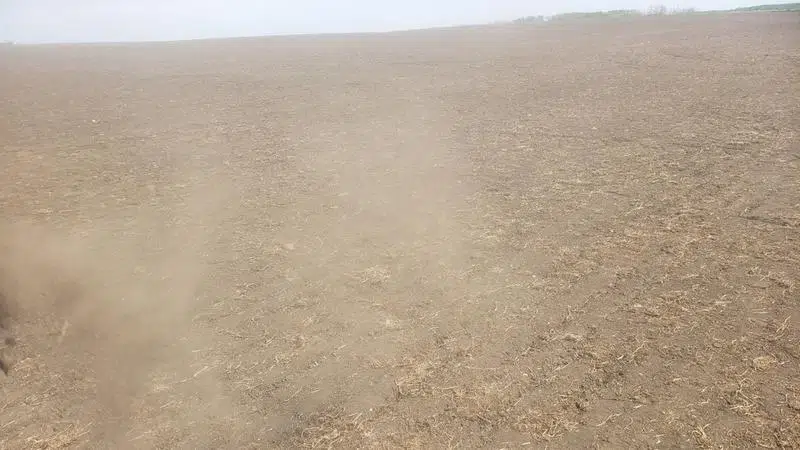
Cyclical weather trends could mean drought for years
An extended dry weather trend in the prairies could be here to stay.
Agroclimate Specialist with Agriculture and Agri-Food Canada, Trevor Hadwen said typically wet and drought cycles last for long periods of time.
“The last three years have been extremely dry starting in 2017 and we’re continuing through that period,” Hadwen told paNOW. “We certainly do see a fluctuation from wet to dry cycles in the climate history sometimes on decadal [10-year] periods, sometimes a little longer.”


